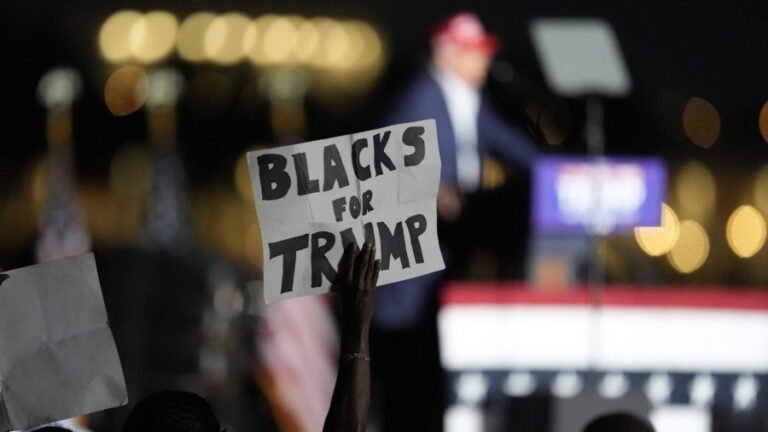
Backers of the so-called “big, beautiful bill” claim they are championing work, especially through new Medicaid work requirements. But here’s the irony: That same bill would effectively take health care away from millions of Americans who are already working hard, but don’t receive health insurance from their employers.
Restaurant staff, small business owners, gig workers, farmers — these are the people who will be hit hardest if Congress follows through on reducing or eliminating the Affordable Care Act subsidies that help them afford coverage. These aren’t the idle: These are the backbone of our economy.
As a former governor who served both before and after the Affordable Care Act became law, I remember vividly what came before it:
Families showing up in emergency rooms with nowhere else to go. Hospitals drowning in uncompensated care. And later, the relief so many people felt when they could finally afford insurance through the Affordable Care Act’s exchanges, thanks to targeted subsidies.
Those subsidies remain a lifeline today. And under the “big, beautiful bill,” that lifeline is in jeopardy.
The Congressional Budget Office estimates that if Affordable Care Act subsidies are scaled back, premiums for millions of subsidized enrollees would spike by 75 percent. That’s not belt-tightening — it’s price gouging for families already living paycheck to paycheck.
Nearly 90 percent of Americans who purchase insurance through the exchanges receive subsidies that cut their premiums by more than $500 a month. For many, it’s the only thing keeping health insurance within reach.
These subsidies are not handouts. They are tax credits for people who work, pay taxes and do not have access to employer-based coverage.
The program is already well-targeted. It doesn’t serve those with job-based benefits. It supports those who fall through the cracks — independent contractors, early retirees, the self-employed and small business owners. In fact, nearly one in five small business owners rely on Affordable Care Act marketplace plans.
If Congress allows these subsidies to expire, millions will be priced out of coverage. And the consequences will be immediate and severe: delayed care, worsening health outcomes, increased emergency room visits and financial strain on hospitals and local governments.
We’ve seen this movie before. We should not want to see it again.
The damage won’t stop at the emergency room’s doors. According to a recent analysis, ending the subsidies would cost the U.S. economy $34 billion and eliminate over 280,000 jobs, half of them in the healthcare sector. Rural states and communities with already-strained health systems would suffer disproportionately.
This shouldn’t be a partisan issue. The Affordable Care Act’s premium tax credits reflect values that both sides of the aisle champion: personal responsibility, self-reliance and support for small businesses.
These are not Democratic or Republican achievements. They are American ones. A public-private partnership where individuals choose their own insurance, supported by smart, limited government.
If Congress is serious about promoting work, then it should not penalize working people. Every senator wants to root out waste, fraud and abuse. But cutting off health care for millions of working Americans isn’t rooting out waste — it’s stripping away their insurance.
Let’s not go backward. Let’s keep health insurance affordable for people who are doing everything right — working hard, paying their share and trying to stay healthy.
Jack Markell is the former governor of Delaware and former chair of the National Governors Association.






